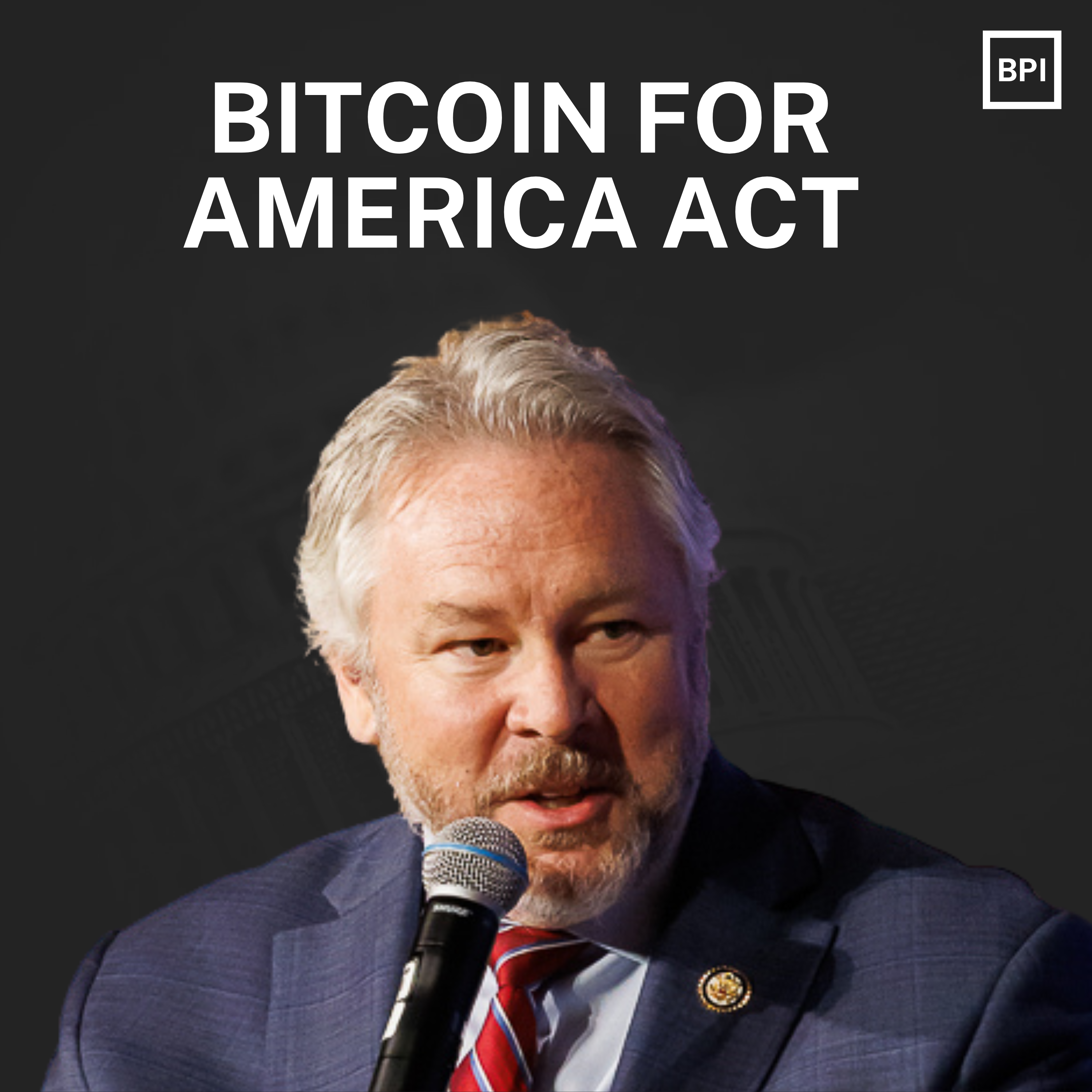Meet the Fellows: Natalie Smolenski
Learn more about BPI Senior Fellow Natalie Smolenski in the latest installment of our Meet the Fellows series.

What do you do for work?
I am a sales and business development executive and independent anthropologist.
How did you wind up in your current role?
I co-founded the first company to build a Bitcoin-based digital identity wallet, Learning Machine. After several years growing that business, I sold it to an enterprise software company, Hyland. I also founded the Texas Bitcoin Foundation, which produces independent research on Bitcoin and political economy. Our first book, The Satoshi Papers, is coming out in 2025–published by the Bitcoin Policy Institute!
How did you become interested in researching Bitcoin?
When I was leading business development for Learning Machine, I was introduced to Bitcoin through its potential to anchor self-sovereign digital identity. I began researching and writing about its implications for human liberty in an age of increasing digital surveillance and control.
What are your most significant intellectual interests aside from Bitcoin?
Anthropology, political philosophy, and the science of subjectivity. I am particularly interested in the category of humanity: whether and how to demarcate it scientifically, socially, and politically.
How have your views on Bitcoin and cryptocurrency broadly changed over time?
They have stayed pretty constant since I began researching and working in the field.
What misconception about Bitcoin do you hear most from your colleagues?
That it’s not real money; that it is a scam; that its value will collapse in the relatively near term; etc.
What misconception about Bitcoin or the subject of your research do you hear most from Bitcoin enthusiasts?
Many people come to Bitcoin because they are profoundly dissatisfied, if not disgusted, with obtaining power relations in our society and in the wider world. They may feel powerless to change these realities and pin a lot of hope on Bitcoin to precipitate certain kinds of political and social change. The actual effects of Bitcoin, while highly significant, will likely be more limited than many people believe, and will perhaps not always go in the directions that they would like. It is important to remember that money is only one element of human societies, a limited social technology, and its social limitations are precisely what give rise to its utility as money. People cannot simply assume that there is no longer social and political work for them to do because “Bitcoin fixes this.”
What are your hopes for the future of BPI?
I hope that the BPI can develop and sustain a clear vision for American society and America’s role in the world which will guide its Bitcoin policy and render that policy intelligible even to those who may oppose it.
Lightning Round
Favorite novel?
Anathem, by Neal Stephenson
Favorite U.S. President?
Thomas Jefferson
Who is your biggest intellectual influence?
Edmund Husserl



.svg)



.png)
%20copy%205.png)
